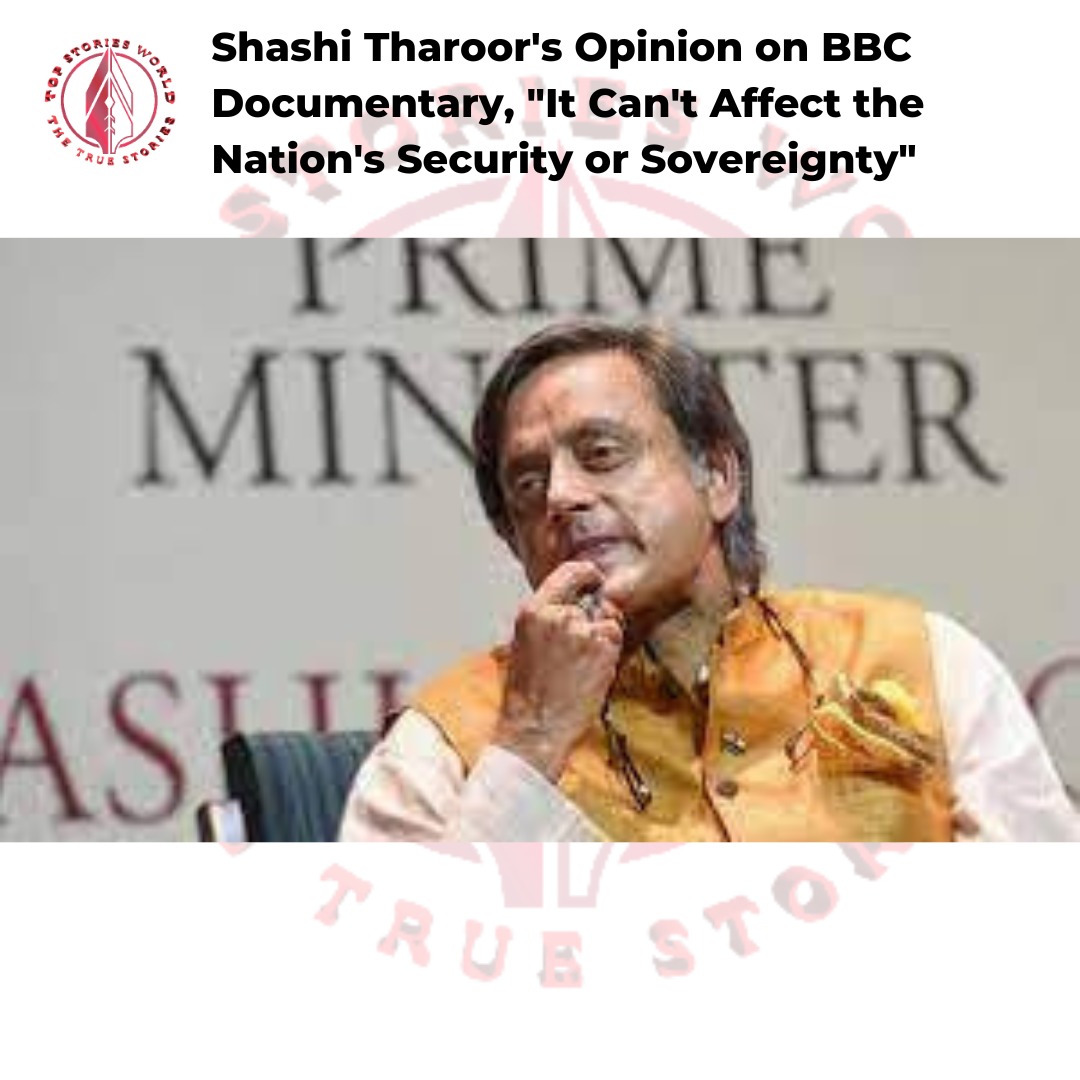Bangladesh Faces Political Crisis as Jamaat-e-Islami Rises Amidst Unrest
- Posted on September 7, 2024
- News
- By Arijit Dutta
- 149 Views
Bangladesh faces rising political instability as Jamaat-e-Islami gains influence following the ouster of Sheikh Hasina. The interim government, led by Mohammed Yunus, struggles to control violence, with Islamist groups posing a threat to democracy. The economic crisis and radicalization fears have drawn concern from India, which monitors the deteriorating situation closely.

Bangladesh is grappling with escalating political instability, with the Islamist group Jamaat-e-Islami (JeI) gaining significant ground after the ouster of Sheikh Hasina's government in August 2024. The interim government, led by Nobel laureate Mohammed Yunus and Army Chief General Waker-us-Zaman, has struggled to restore order. Despite their efforts, anti-Awami League and anti-Hindu violence continues unabated, with the military unwilling to intervene, creating an atmosphere of lawlessness.
JeI, which has ties to the Muslim Brotherhood, has joined forces with radical groups like Hefazat-e-Islam and Ansar-ul-Bangla Team, posing a serious threat to Bangladesh’s democracy. Intelligence reports indicate that JeI's influence is growing among students, further deepening concerns of radicalization. This situation has attracted the attention of India's national security planners due to JeI's influence in Jammu and Kashmir and historical links with groups like SIMI and Indian Mujahideen.
The political landscape in Bangladesh is deteriorating, with the economy in freefall, rising unemployment due to the closure of textile and garment industries, and external and internal debts exceeding $100 billion. With elections not yet scheduled, the country teeters on the brink of further unrest. Awami League workers, marginalized by the rising Islamists, are expected to regroup, potentially reigniting tensions between political factions.
India remains cautious, closely monitoring the violence targeting Hindus and Awami League supporters. As the interim government struggles to assert control, fears of a deeper crisis loom, with experts warning that the situation may escalate further within the next year.




